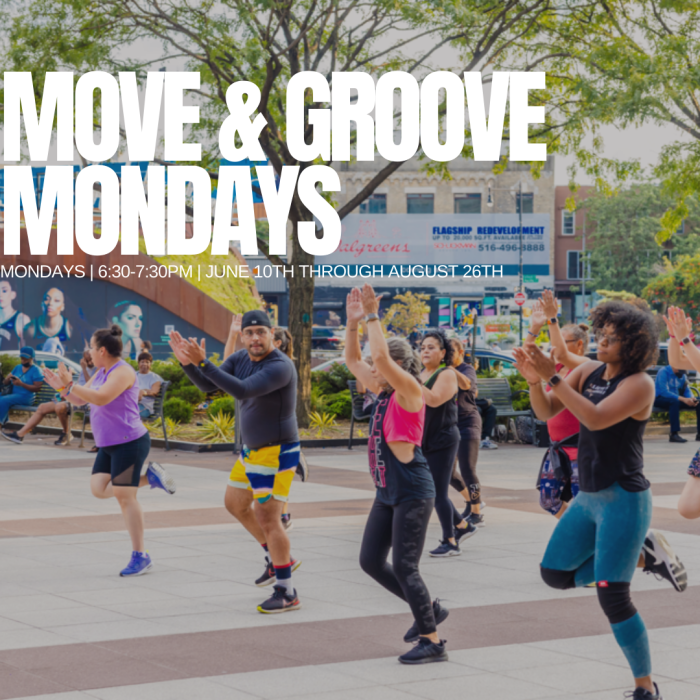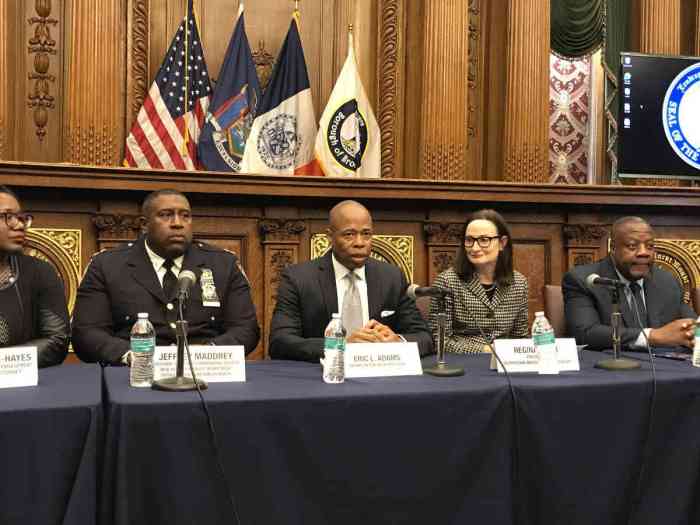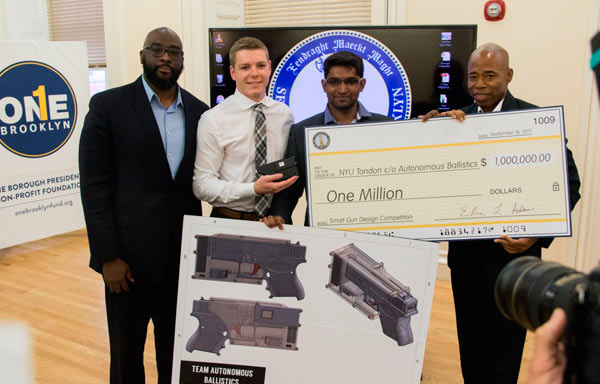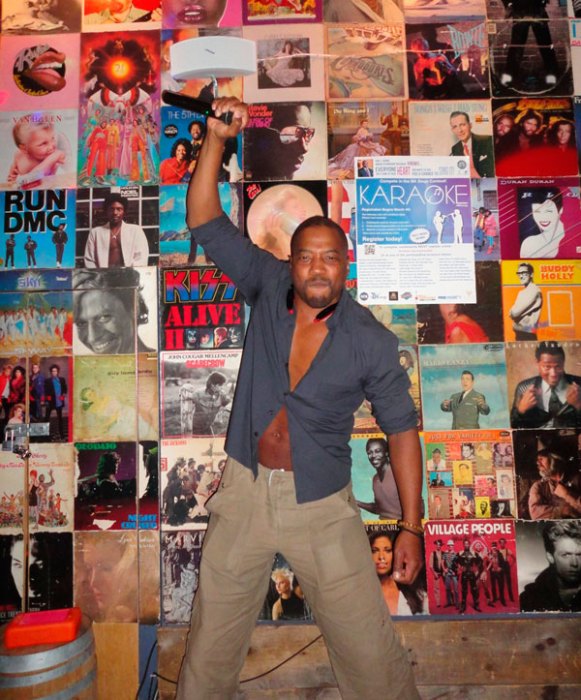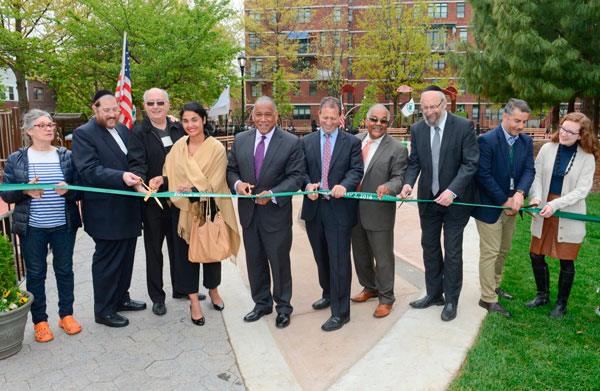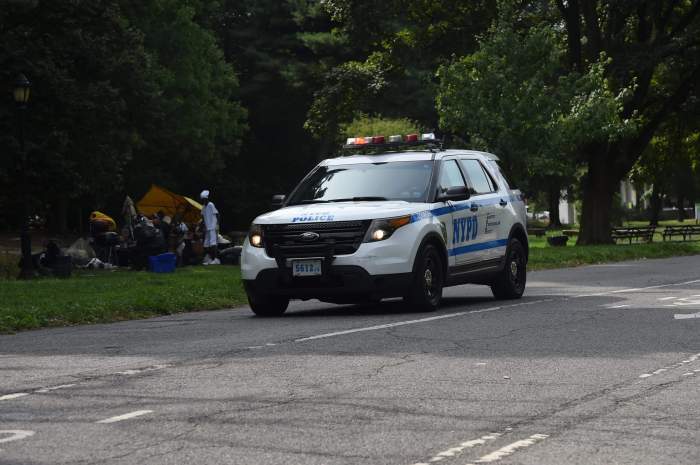The leading candidates for Brooklyn borough president sparred over development and business projects during a recent televised debate, making for some of the most heated moments of the race thus far.
With just over a month until the June 22 primaries, candidates took the cross-examination portion of the May 18 debate, which was televised on NY1, to take jabs at their rivals, putting some of the race’s frontrunners on the defensive.
Former Brookdale Hospital executive Khari Edwards used his turn to question Councilmember Robert Cornegy over his acceptance of campaign donations from the real estate sector, given the high rate of displacement in his gentrifying district of Bedford-Stuyvesant and Crown Heights.
“You mentioned that you have one of the highest displacement of Black people in your district, specifically over the last eight-to-ten years,” Edwards said. “Yet 30 percent of your donations are coming from developers, four or five of which have been known to be anti-tenant, and anti-tenant advocacy. How in the reality of serving the entire borough where we are getting displaced, where affordability is the issue, [could you] defend accepting money from those guys knowing the displacement rate in your community?”
Edwards did not specify which developers he would classify as “anti-tenant” and Cornegy, for his part, defended the donations, noting that he’s never taken cash from a developer who had any land-use changes before him.
“I’ve never received a dime from any developer that had any business before me in my district, or any business that I had purview over,” said Cornegy, who has worked to establish himself as a centrist, business-friendly candidate.
The sitting councilmember also defended his record of supporting developments in his district, arguing that no real gains would be made in adding affordable housing to the city without successful public-private partnerships.
“I absolutely 100 percent believe in responsible development,’ he said. “I haven’t found a plan yet that includes affordability that doesn’t include a private public partnership. When we’ve had the private sector responsible for affordability it’s been a disaster, and when we’ve had the public and government in charge of affordability it’s been a disaster, in NYCHA as one example.”
Cornegy, when given the chance to question a candidate, put the screws to Councilmember Antonio Reynoso, questioning him over his lack of support for the failed Industry City rezoning in Sunset Park, which backers claimed would bring thousands of jobs to the waterfront.
“Months later, there has been no alternative plan for job creation in that area, no alternative for putting people on a pathway to any opportunity in that area,” Cornegy said. “I’m curious as to how you count that as a win when nothing else has been created?”
Reynoso maintained that many locals opposed the project — among them, the neighborhood’s community board, and its sitting Councilmember Carlos Menchaca. The candidate argued that it would be important for the next borough president to listen to local communities when weighing in on land-use decisions — one of the only things borough presidents have sway over.
“You’re going to be taking on the role of borough president, you’ve got to pay attention to the people,” Reynoso said. “The community board voted against [the Industry City rezoning], every single elected official that represents that district voted against it, and I think that given their experience and their time in their community, that they know what’s best for that community.”
Limited polling in the race has shown Cornegy and Reynoso neck-and-neck for the lead.
The latter has worked to establish himself as the furthest left of the leading candidates, but is not wholly anti-development. When moderator Errol Louis asked which of the eight debate participants would try to fundamentally reshape the tenets of the current rezoning proposal, every candidate but Reynoso raised their hands.
The north Brooklyn pol explained that he supported meeting certain stipulations before passing the rezoning, but that he felt it was important to develop in wealthy neighborhoods like Gowanus.
“We have to be careful about potential NIMBY aspects here,” Reynoso said. “We have to remember that most of the affordable housing that’s built in this city is built almost exclusively in Black and brown poor neighborhoods, so I want to make sure that we look at this intensely and make sure to take care of any brownfield opportunity areas, or the toxicity, but I don’t want to outright be against a plan that could build affordable housing and integrate these communities that are mostly white and affluent.”
Other candidates for Borough Hall include Councilmember Mathieu Eugene, Assemblymember Jo Anne Simon, and pastor Kim Council.






